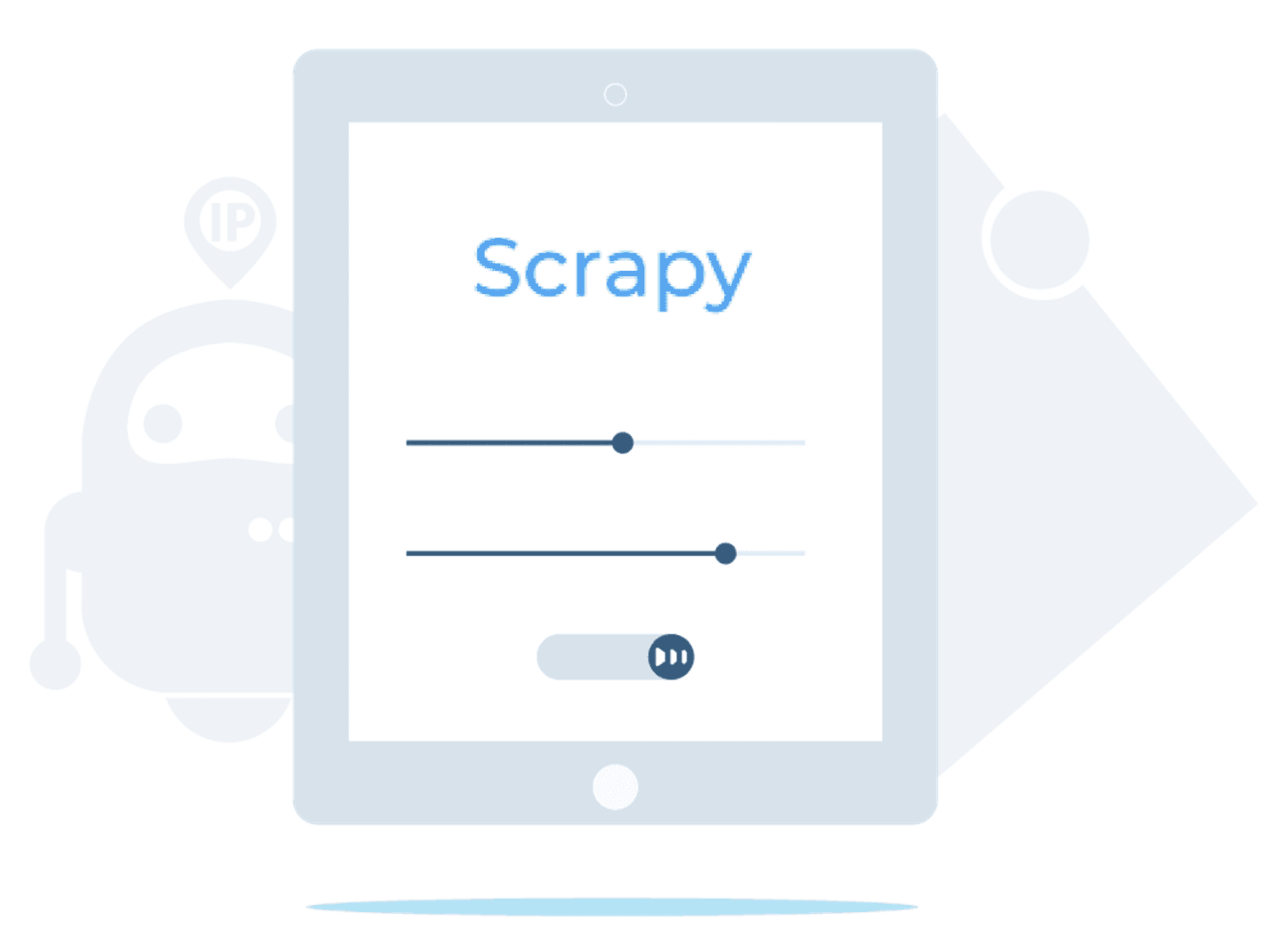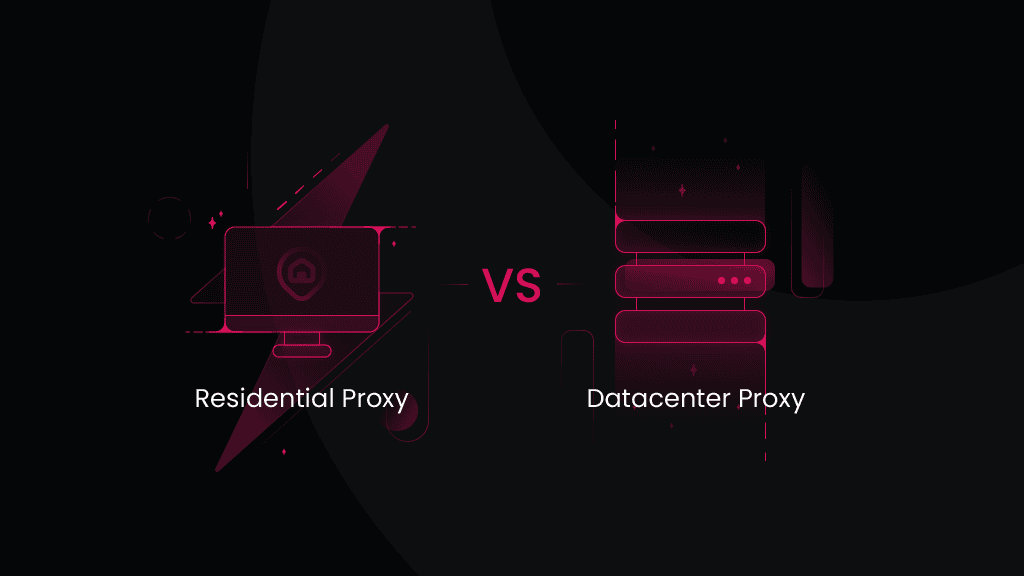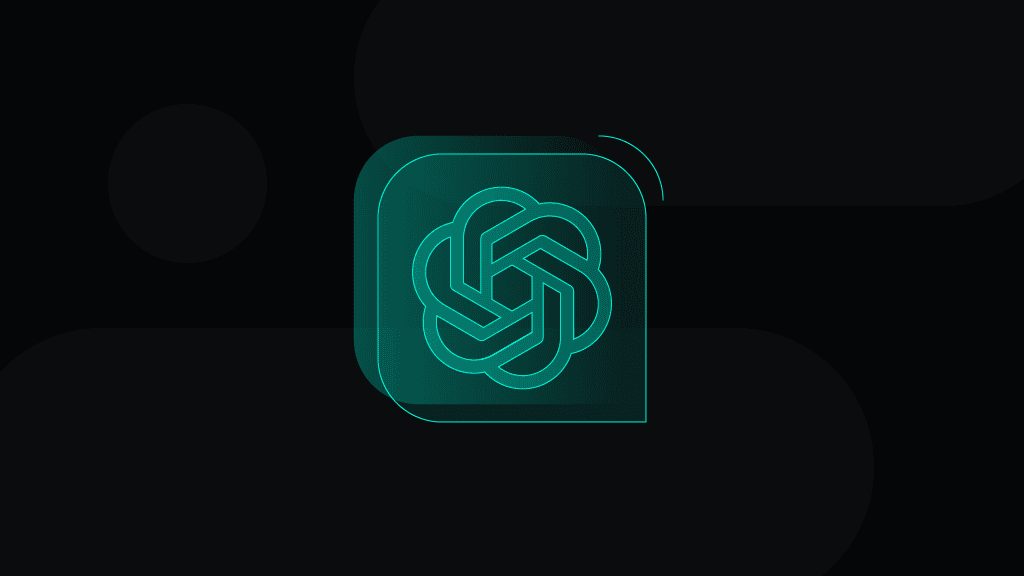115M+
ethically-sourced IPs
#1
response time
99.86%
success rate
100%
uptime
<0.6s
response time
What is the Scrapy proxy middleware?
Scrapy is an open-source web crawling framework for Python that extracts data from websites, processes it, and stores it. The proxy middleware enables it to bypass IP-based rate limiting and access geographically restricted content, improving the efficiency and reach of web scraping and crawling tasks.
Asynchronous scraping
Ensure lightning-fast data collection by allowing multiple requests to be processed simultaneously.
Built-in selectors
Streamline data extraction by quickly and accurately gathering the information you need from web pages.
Middleware support
Integrate proxies in just minutes thanks to simple middleware support.
Why residential proxies?

A residential proxy serves as a mediator, allowing users to get an IP address from an authentic desktop or mobile device connected to a local network. Due to its origin, residential proxies are a perfect match for overcoming geo-restrictions, bypassing CAPTCHAs, managing multiple accounts, and conducting web testing with the CapSolver platform.
Decodo offers top-notch residential proxies with an extensive IP pool of over 55M IPs across 195+ locations. With an unparalleled responsive rate, clocking in at under 0.6 seconds, a success rate of 99.86%, and an affordable entry point with Pay As You Go, Decodo is a great deal for hustlers and fast-growing companies.
Set up Decodo proxies with Scrapy
To install the Scrapy proxy middleware, you’ll need to set up a Scrapy project first. Follow the official installation and documentation to create your project. Then, follow the instructions below to set up the middleware:
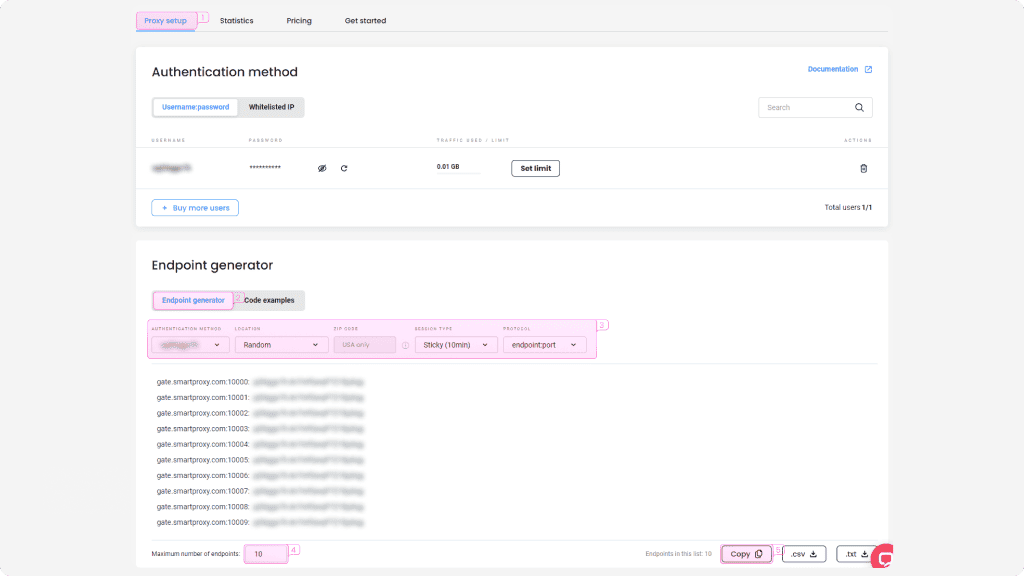
Getting residential proxies
Log in to your Decodo dashboard, find residential proxies by choosing Residential under the Residential Proxies column on the left panel, and select a plan that suits your needs. Then, follow these steps:
- Open the Proxy setup tab.
- Configure the parameters: set your authentication method, location, session type, and protocol.
- Select the number of proxy endpoints you want to generate (default – 10).
- Copy the endpoints by clicking the Copy button.
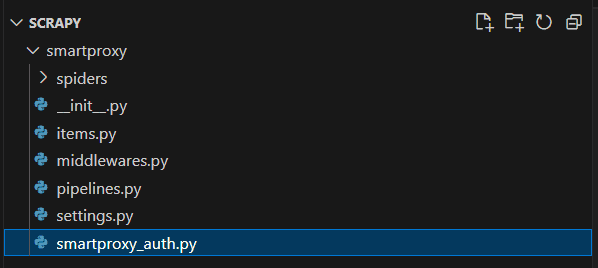
Installation
Once you’ve obtained the endpoint information, you can install the middleware:
- Open your terminal tool and navigate to the project folder using cd yourprojectname.
- Download the proxy middleware using the following command: curl https://raw.githubusercontent.com/Decodo/Scrapy-Middleware/master/decodo_auth.py > decodo_auth.py or get it from the GitHub repository.

Configuration
- Open the settings.py file in your project folder.
- Edit the file by adding the following properties at the bottom:
DOWNLOADER_MIDDLEWARES = {
'scrapy.downloadermiddlewares.httpproxy.HttpProxyMiddleware': 110,
'yourprojectname.decodo_auth.ProxyMiddleware': 100,
}
SMARTPROXY_USER = 'username'## Decodo username
SMARTPROXY_PASSWORD = 'password'## Decodo password
SMARTPROXY_ENDPOINT = 'gate.decodo.com'## Endpoint you'd like to use
SMARTPROXY_PORT = '7000'## Port of the endpoint you're using
3. Change the yourprojectname in the above to the name of your project folder.
4. Enter the Decodo credentials and endpoint information you’ve received from the dashboard.
5. Your web crawlers will now be going through Decodo proxies.
Configurations & Integrations
Easy Decodo proxy setup with popular applications and free third-party tools. Check out these guides to get started right away.
Reliable proxies at affordable prices
Pick a plan that suits you. Get ahead with unblockable and stable proxies.
100 GB
$1.5
/GB
Total:$450$148.5+ VAT billed monthly
Use discount code - NOIDEA67
With each residential proxy plan, you access:
115M+ ethically-sourced IPs in 195+ locations
HTTP(S) & SOCKS5 support
Continent, country, state, city, ZIP code, and ASN-level targeting
Rotating and sticky session options
<0.6s avg. response time
99.86% success rate
99.99% uptime
Seamless integration with scraping tools and bots
24/7 tech support
14-day money-back
SSL Secure Payment
Your information is protected by 256-bit SSL
What people are saying about us
We're thrilled to have the support of our 130K+ clients and the industry's best.
Attentive service
The professional expertise of the Decodo solution has significantly boosted our business growth while enhancing overall efficiency and effectiveness.
N
Novabeyond
Easy to get things done
Decodo provides great service with a simple setup and friendly support team.
R
RoiDynamic
A key to our work
Decodo enables us to develop and test applications in varied environments while supporting precise data collection for research and audience profiling.
C
Cybereg
Featured in:
Explore our other proxy line products
What are proxies?
A proxy is an intermediary between your device and the internet, forwarding requests between your device and the internet while masking your IP address.
Residential Proxies
from $1.5/GB
Real, physical device IPs that provide a genuine online identity and enhance your anonymity online. Learn more
ISP Proxies
from $0.27/IP
IPs assigned by Internet Service Providers (ISPs), offering efficient and location-specific online access with minimal latency. Learn more
Mobile Proxies
from $2.25/GB
Mobile device based IPs offering anonymity and real user behavior for mobile-related activities on the internet. Learn more
Datacenter Proxies
from $0.020/IP
Remote computers with unique IPs for tasks requiring scalability, fast response times, and reliable connections. Learn more
Site Unblocker
from $0.95/1K req
A powerful application for all proxying activities offering dynamic rendering, browser fingerprinting, and much more. Learn more
Decodo Blog
Build knowledge on residential proxies, or pick up some dope ideas for your next project – our blog is just the perfect place.
Most recent
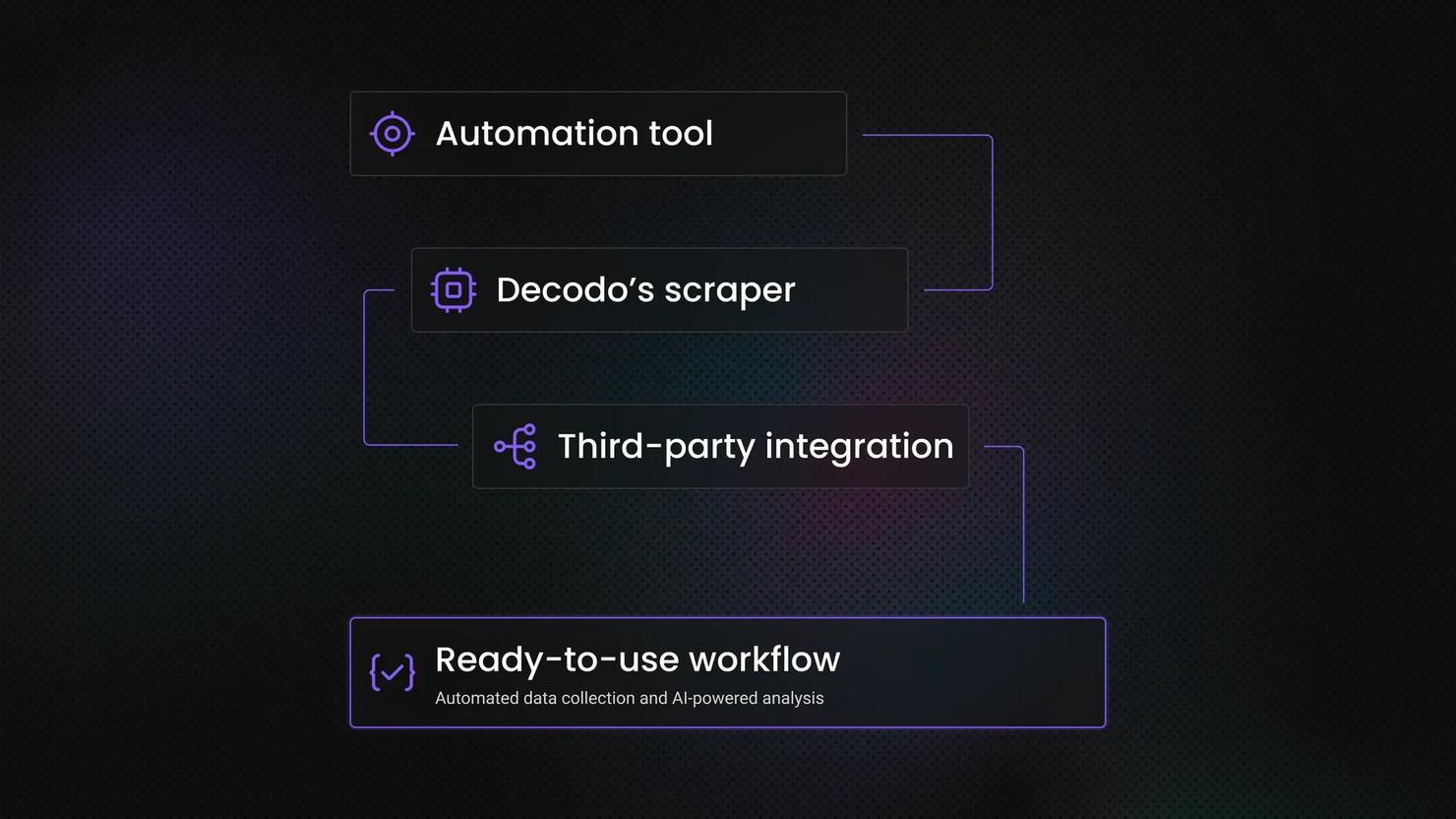
OpenClaw vs. n8n: Which AI Automation Tool Is Right for You?
AI-powered automation has moved from niche tooling to a 2026 priority. Tools such as OpenClaw turn large language models into proactive messaging assistants, while n8n offers a visual workflow builder for connecting apps and orchestrating processes. This guide compares their architecture, AI capabilities, pricing, and best-fit use cases so you can quickly decide which tool matches your needs.
Benediktas Kazlauskas
Last updated: Feb 25, 2026
9 min read
Frequently asked questions
What is Scrapy?
Scrapy is an open-source web crawling framework for Python designed to extract, process, and store data from websites.
What is Scrapy used for?
Scrapy is used to create web crawlers (spiders) that define how to navigate and scrape web pages, making it a powerful tool for web scraping and data mining tasks.
Be aware that any tools mentioned in this article belong to a third party, not Decodo. Therefore, Decodo will not be responsible for any of the services offered by the third-party. Make sure to thoroughly review the third-party’s policies and practices, or do your due diligence, before using or accessing any of their services.
The Fastest Residential Proxies
Dive into a 115M+ ethically-sourced residential IP pool from 195+ locations worldwide.
14-day money-back option
